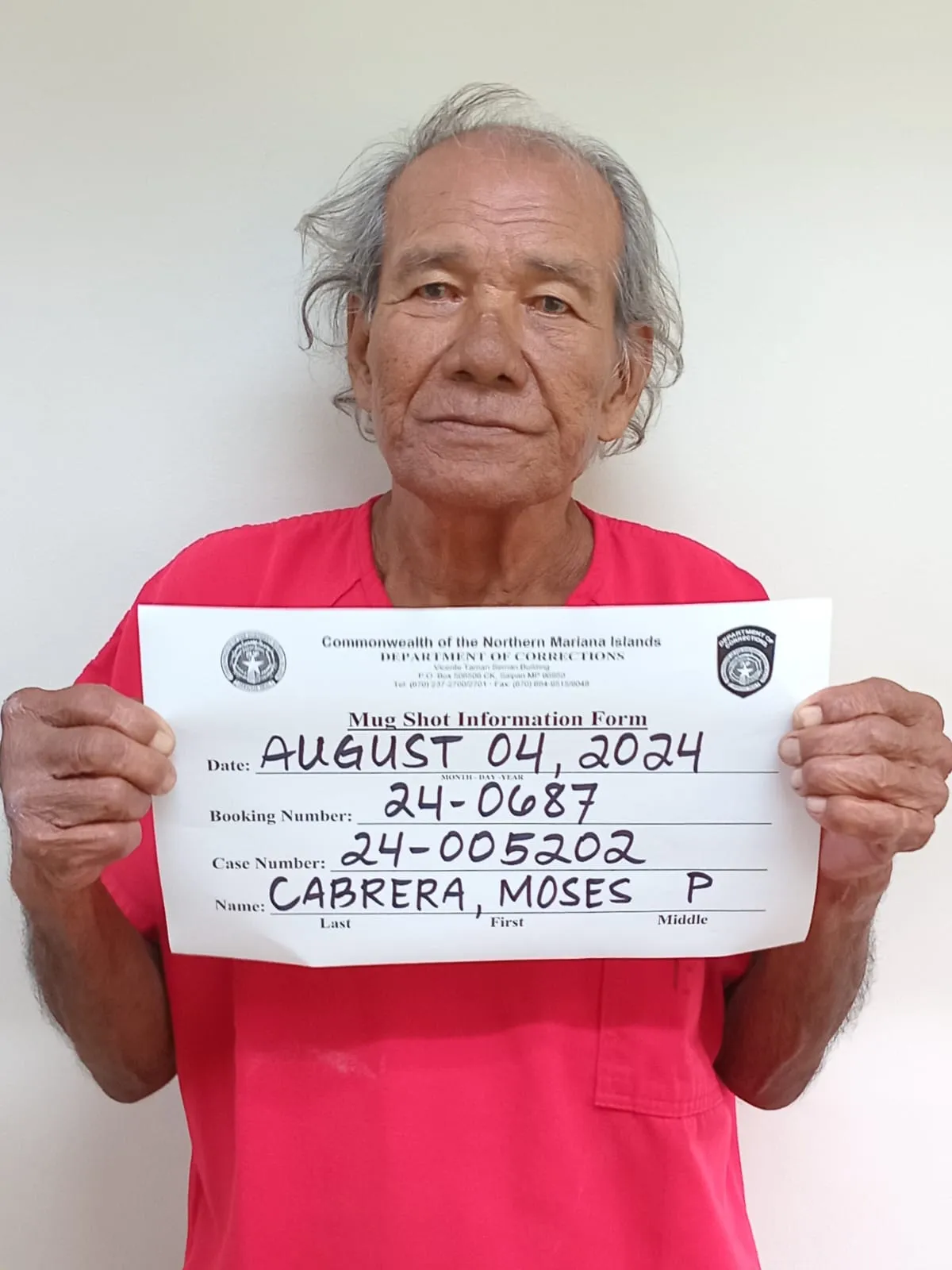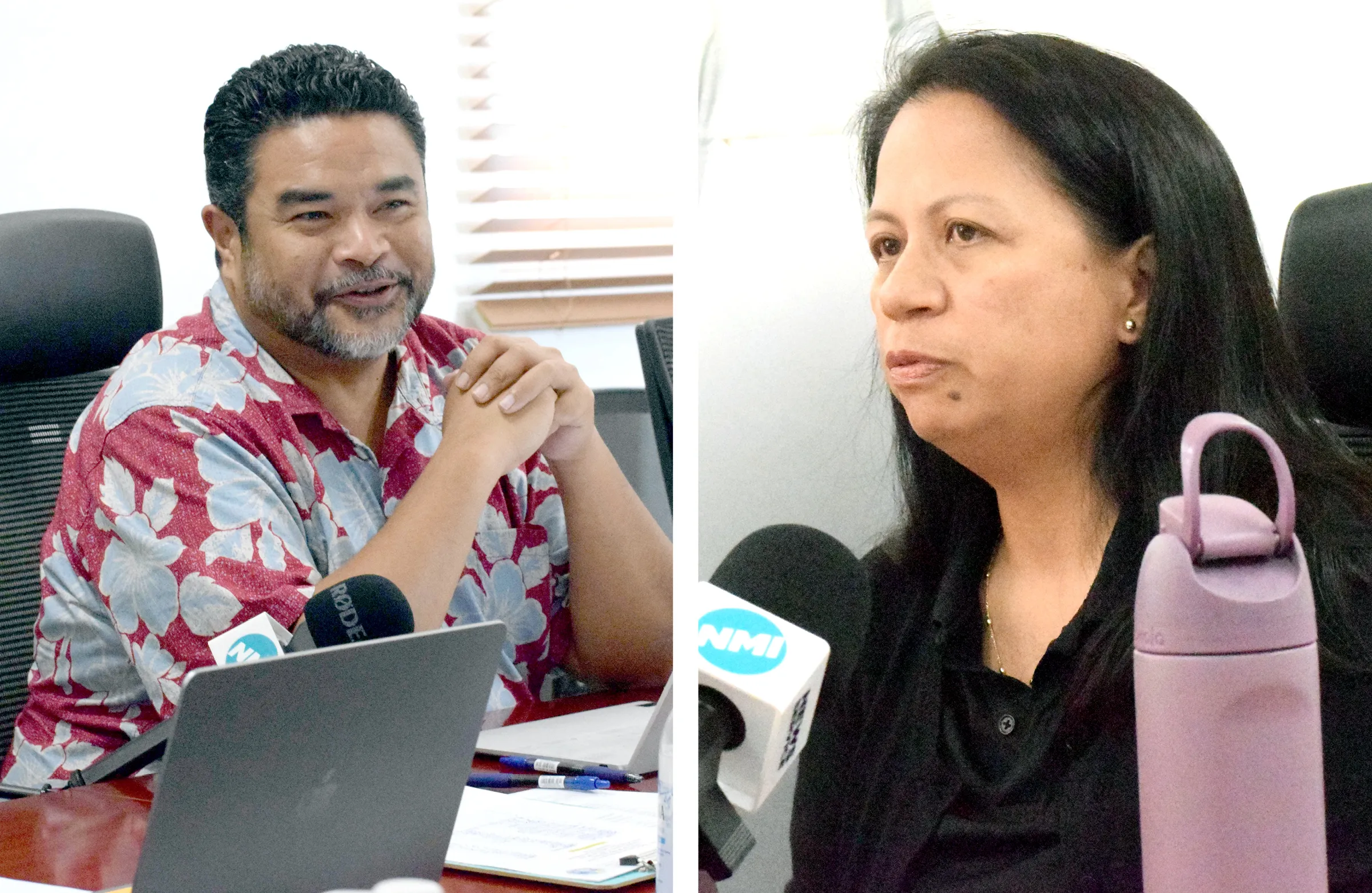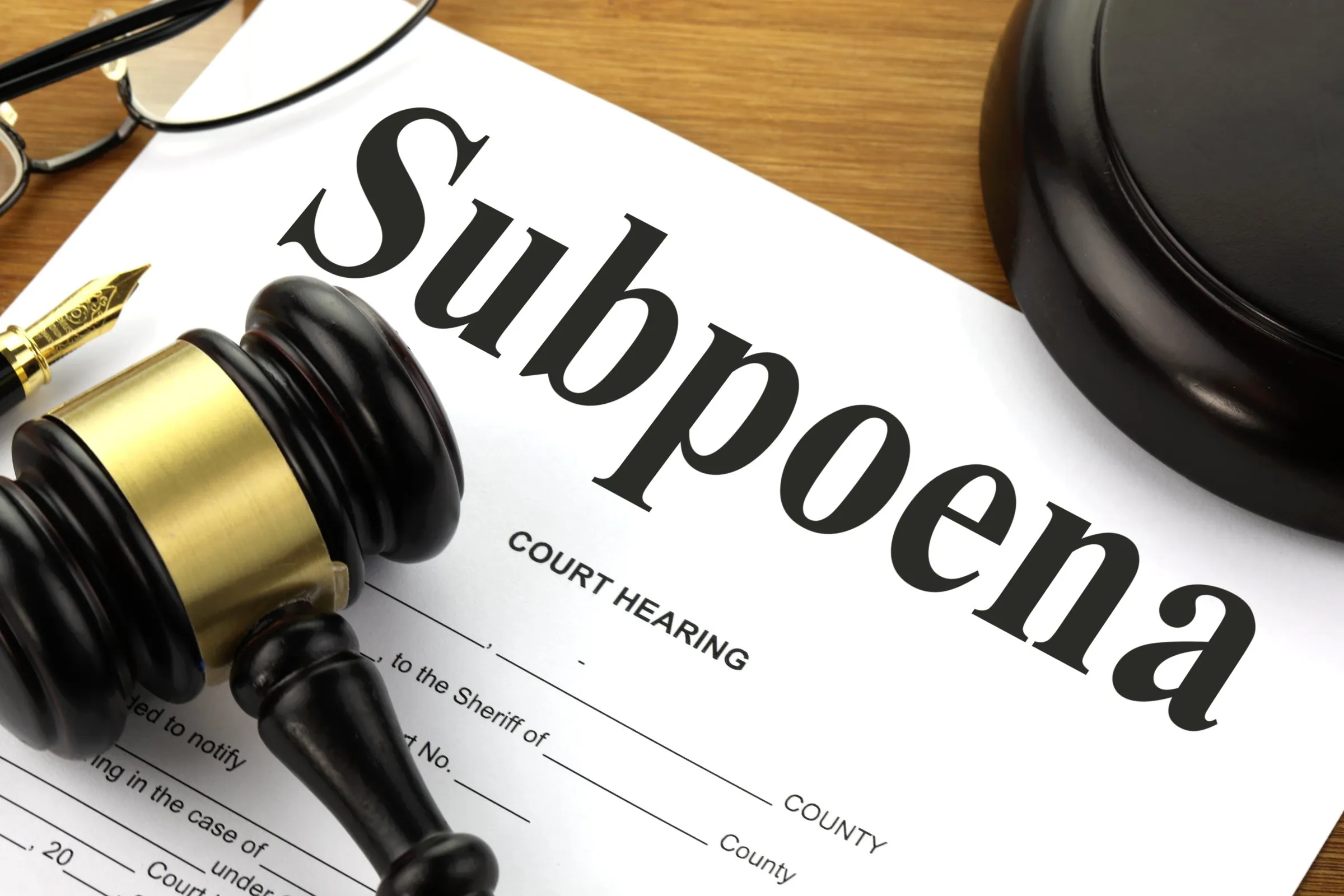SENATOR Edith Deleon Guerrero has introduced a bill that would prohibit individuals from providing confidential information and prohibit fiduciaries from acting against the interest of beneficiaries.
Senate Bill 22-74 stated that individuals in certain government agencies, independent and autonomous agencies, banking and other lending institutions, have access to private and confidential information.
It likewise acknowledges that unauthorized disclosure of any information pertaining to affairs of a bank or a bank customer is prohibited as provided in 4 CMC § 6811.
“[D]isclosure of certain information and self-dealing by employees of government agencies and autonomous agencies should also be prohibited to prevent any release of confidential information that gives an advantage to the ones who receive the information,” the bill states.
It delineates the need to expand the prohibition of self-dealing to fiduciaries pertaining and relating to conducts of trustees, corporate officers, or other fiduciary that consists of taking advantage of their position in a transaction and acting in their own interests rather than in the interests of the beneficiaries of the trust, corporation, shareholders, or their clients.
Self-dealing may involve many types of individuals who work under the guidelines of fiduciary responsibility and may include trustees, attorneys, corporate officers, board members, and financial advisors, among others.
It may also consist of a variety of actions seeking to inappropriately enrich oneself, such as using company funds as a personal loan or ignoring a duty.
The bill further finds that self-dealing is when a fiduciary acts in their own best interest in a transaction, rather than in the best interest of their clients, the beneficiaries.
“It represents a conflict of interest and illegal act that can lead to litigation, penalties, and termination of employment for those who commit it,” the bill says.
Self-dealing may take many forms, but generally involves an individual benefitting or attempting to benefit from a transaction that is being executed on behalf of another party.
The purpose of this bill is to prohibit the disclosure of confidential information relating to requests for proposals, invitations for bids, foreclosures, land exchange transactions, and to prohibit self-dealing of fiduciaries or any acts against the interests of the beneficiaries.
The bill would amend 4 CMC § 6811 to include a section on fiduciary responsibilities of a trustee, including a provision in which “a trustee owes a duty of loyalty to the beneficiaries” and “shall not place [his or her] interests above those of the beneficiaries.”
It amends the existing law in which, except for the purpose of the performance of his or her duties, compliance with any public law, or when lawfully required to do so by any court of competent jurisdiction, no government employee or other person shall disclose any confidential information relating to requests for proposals, invitations for bids, foreclosures, and land exchange transactions, which the employee or individual has access to or knowledge in the performance of duties or the exercise of his or her fiduciary functions.
Subject to the rights of persons dealing with or assisting the trustee pertaining to a sale, encumbrance, or other transaction involving the investment or management of trust property entered into by the trustee for the trustee’s own personal account or which is otherwise affected by a conflict between the trustee’s fiduciary and personal interests is voidable by a beneficiary affected by the transaction unless it was authorized by the terms of the trust; approved by the court; or involves a contract entered into or claim acquired by the trustee before the person became a trustee.
Exemptions also include if the beneficiary did not commence a judicial proceeding within the time allowed; consented to the trustee’s conduct, ratified the transaction, or released the trustee.
A sale, encumbrance, or other transaction involving the investment or management of trust property is presumed to be affected by a conflict between personal and fiduciary interests if it is entered into by the trustee with the trustee’s spouse; descendants, siblings, parents, or their spouses; an agent or an attorney of the trustee; or a corporation or other person or enterprise in which the trustee, or a person who owns a significant interest in the trustee, has an interest that might affect the trustee’s best judgment.
The court may appoint a special fiduciary to make a decision with respect to any proposed transaction that might violate this section if entered into by the trustee.
If a trust has two or more beneficiaries, the trustee shall administer the trust impartially, giving due regard to the beneficiaries’ respective interests.
A person who knowingly and willfully violates the provisions of this chapter may be found guilty of a misdemeanor punishable by imprisonment not exceeding one year or by a fine not exceeding $5,000, or both.











